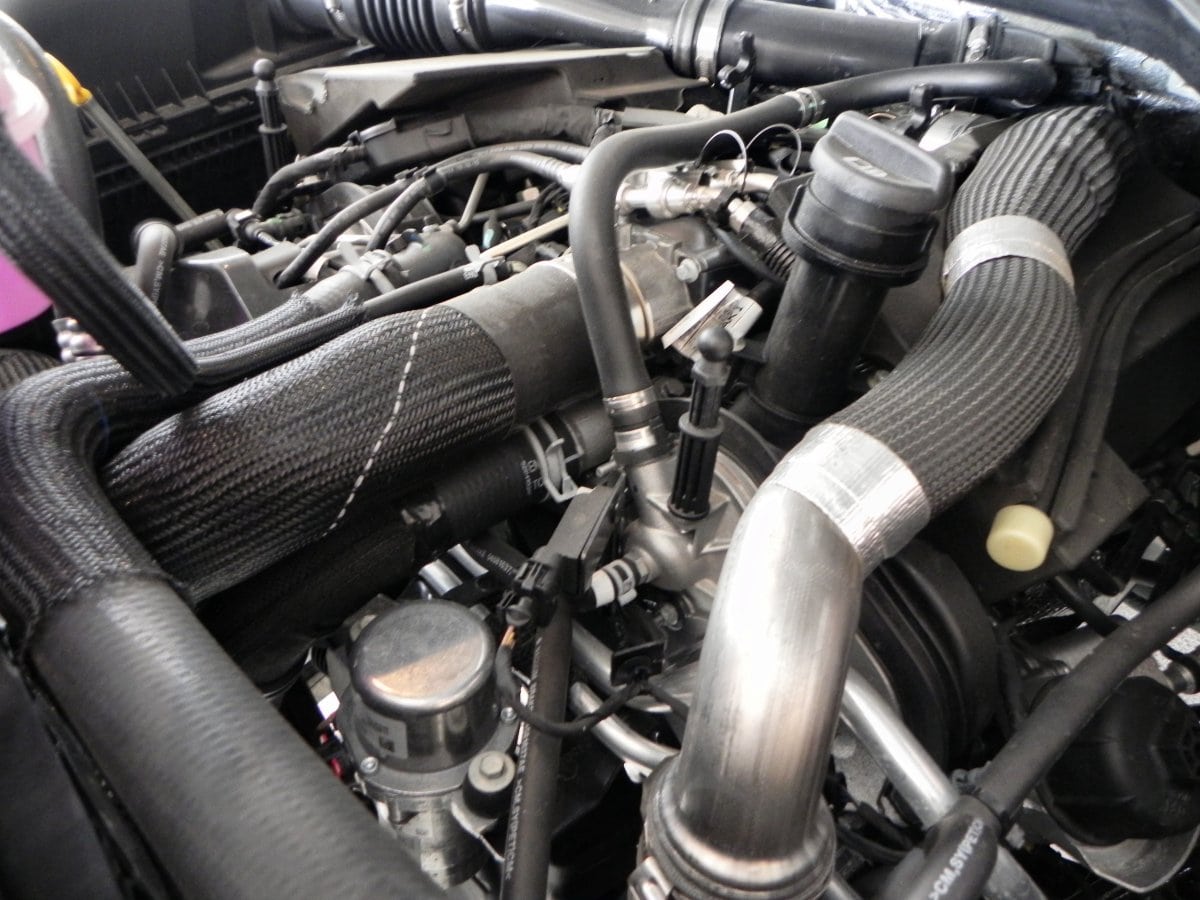The U.S. Environmental Protection Agency and the California Air Resources Board have charged Fiat Chrysler Automobiles with violations of clean air acts for “cheating” diesel emissions regulations. The suits allege that FCA used auxiliary emissions control devices that had management software designed to cheat testing for emissions. This affects model year 2014-2016 FCA vehicles using the 3.0-liter diesel engine. That would include the Jeep Grand Cherokee, Ram 1500 EcoDiesel, and others.
The EPA and CARB issued a notice of violation to FCA. Similar lawsuits in Europe are also pending. The heat of the matter is that FCA is accused of having auxiliary emission control devices (AECD) being used. These are devices which can override the normal emissions controls in order to save the engine during extreme duress or in conditions, but such devices must be declared and registered with the EPA and CARB and receive approval before being sold. In this case, the government says, Fiat-Chrysler did not declare the devices or ask for permission to use them.
Of particular concern, said CARB, are AECDs found in these vehicles which reduce or turn off exhaust gas recirculation (EGR) or reduce the effectiveness of selective catalyst reduction (SCR) system. Both EGR and SCR control the emissions of NOxfrom the engine. The eight AECDs identified in the EPA NOV are:
- Full EGR shut-off at highway speed
- Reduced EGR with increasing vehicle speed
- EGR shut-off for exhaust valve cleaning
- DEF dosing disablement during SCR adaptation
- EGR reduction due to modeled engine temperature
- SCR catalyst warm-up disablement
- Alternative SCR dosing modes
- Use of load governor to delay ammonia refill of SCR catalyst
The agencies are awaiting FCA’s response to these allegations.







